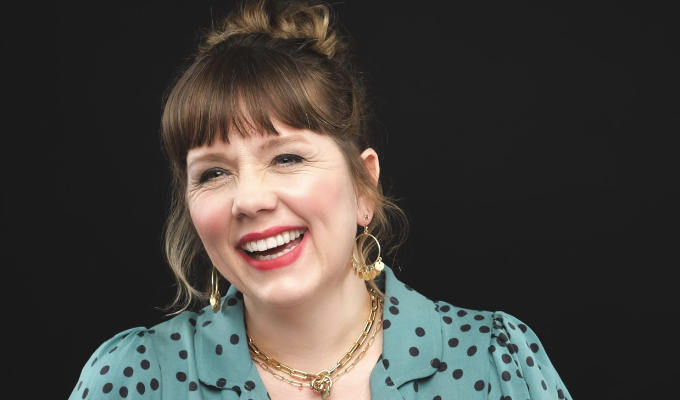Not dead yet
In support of the sitcom
Sitcom is dead, so we’re told. What with former ITV controller David Liddiment’s Channel 4 show on that premise, and Victoria Wood claiming that more realistic shows such as The Office have killed off the traditional studio-audience comedies, the future of the genre has never looked so bleak.But not so, claims the BBC’s creative director Alan Yentob. Later this month, he’s using his latest Imagine film to answer those doom-mongers, and argue that sitcom is alive and kicking in different, more innovative formats than ever before.
Here’s what some of the people he spoke to in the film had to say.
Ash Atalla (producer of The Office and The IT Crowd)
‘I’m amazed that people even talk about the sitcom dying. The quality and quantity of comedy on the screens now must silence those people who endlessly say sitcom’s dead. That and the fact that it would put me out of work, so no wonder I feel so strongly.’
Stephen Merchant (co-creator of The Office and Extras)
‘I don’t think it’s interesting when people talk about the shows that were huge in the Seventies and everyone sat down to watch them. I’m sure some of it is to do with the fact that there wasn’t as much choice. So even if you weren’t particularly a fan of, say, The Likely Lads, you sat and watched it anyway because there wasn’t much else to watch.
‘But I think that now – because we can explore different territory and because television is more fragmented and because you can appeal to quite a specific audience – you’re attracted to like-minded people and your product hopefully is geared towards that.
‘David Brent is a character that follows in a long line – whether it be Hancock, Basil Fawlty or Captain Mainwaring – of people who are slightly delusional about their status. The difference is that those people always wanted to be part of a social elite, they wanted to be upper class, whereas now it seems that fame has replaced that aim.’
Graham Linehan (creator of Father Ted and Black Books)
‘There’s something eternal about a good sitcom, whereas even a good drama can age; in the end, a joke’s a joke.
‘The sitcom tradition is very odd when you think about it. It’s halfway between a stage show and a television show. That’s why so many sitcoms are so bad – often the actors project too much as if they’re on stage; they forget that there’s a camera right in front of them that they should be playing to.’
David Mitchell (Peep Show actor)
‘The great tool of the sitcom is to create a cast of characters that people just want to keep watching – and so every week they turn up with 70 per cent of the amused-ness already with them and you only have to provide the next 30 per cent.
‘The studio sitcom is less fashionable now, but I think the subject matter and the way you draw an audience into wanting to watch you and then amuse them remains the same, and in Britain we have a taste for unhappy people.’
Robert Webb (Peep Show actor)
‘People are surprised when they hear that Fawlty Towers has got a laugh track and it’s because you’re laughing that you don’t hear the other people laughing. So you know, with a funny show you won’t notice.”
Ricky Gervais
‘I sometimes think if we’d sent the script for The Office off, it’d still be sitting in someone’s drawer. Luckily, we filmed it to show what we meant. It was all about body language. It was about an acting style. It was about the casting. It wasn’t about the dots on paper, it was in the rendering. And that’s why we had to do it ourselves.
‘We’re making comedy for us and people who are like-minded. And more important than anything else, more important than ratings, more important than anything else is you want to be proud of it. We want to do the best we can and if that means leaving behind some people who prefer broad comedy then so be it, because … I really don’t care.’
* Imagine … A Funny Thing Happened On The Way To The Studio is on BBC One on Tuesday January 31 at 10.35pm.
First published:January 15, 2006
Published: 22 Mar 2009






